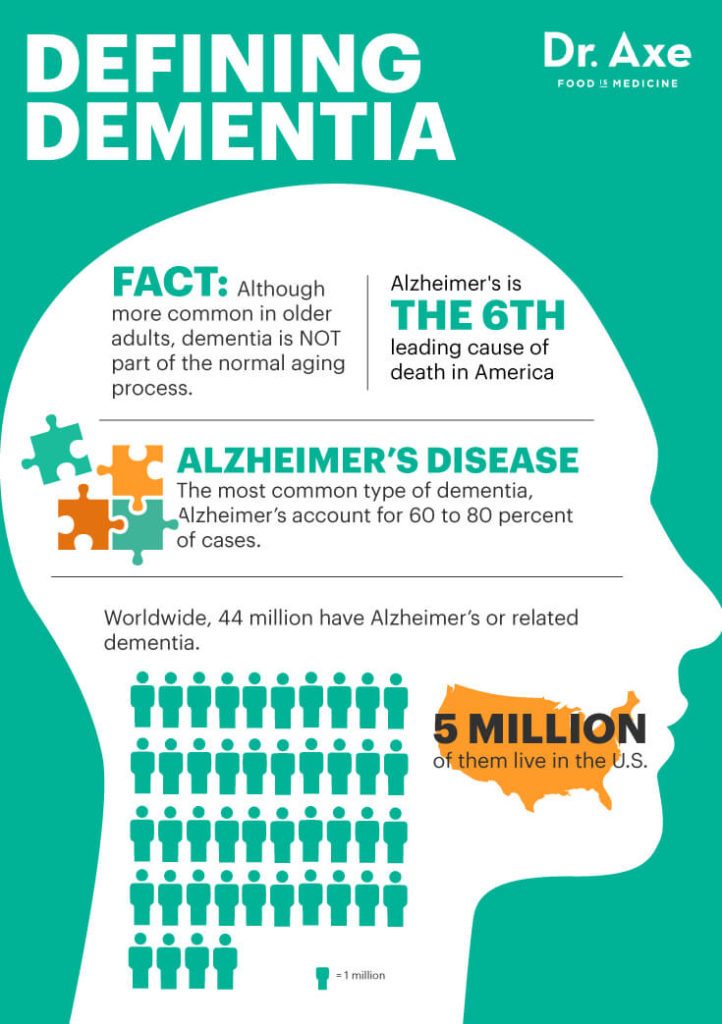Study Reveals Build-up of Urea in Brain to be Major Cause of Dementia
As people age, the risk of dementia increases; in particular though, dementia is not a specific disease- it’s a general term for a decline in mental ability that can be caused by many different brain diseases.
Typical symptoms of dementia include memory loss, difficulty in communication, concentration, and reasoning, and visual perceptual decline. People with dementia may forget their family members and are often unable to perform daily activities.
Now, an international team of scientists have discovered a major cause of dementia. Professor Garth Cooper from The University of Manchester, who led the team, says the build-up of urea in the brain to toxic levels can cause brain damage – and eventually dementia.
The team used both human brains, donated by families for medical research and those of genetically modified sheep to investigate whether Huntington’s disease(HD) is directly linked to brain urea levels. This builds upon earlier research into Alzheimer’s disease and urea published last year.
The 2016 study by Cooper and his team continued the earlier work they did to identify metabolic linkages between Huntington’s, other neurodegenerative diseases and type-2 diabetes.
This latest study by Dr. Cooper’s team
shows that the accumulation of urea in the brain is an early pathogenic event in HD. Increased brain urea levels can cause brain damage and dementia. Therefore, brain urea metabolism may be a therapeutic target for HD. The study is conducted in collaboration with researchers from the University of Auckland, AgResearch Ltd., South Australian Research and Development Institute, and Massachusetts General Hospital.According to Professor Cooper, “This study on Huntington’s Disease is the final piece of the jigsaw which leads us to conclude that high brain urea plays a pivotal role in dementia. Alzheimer’s and Huntington’s are at opposite ends of the dementia spectrum – so if this holds true for these types, then I believe it is highly likely it will hold true for all the major age-related dementias.”
They detected increased urea in these samples. This added to the growing body of evidence that increased brain urea levels are associated with HD. Urea is a product of the breakdown of retired amino acids and is normally excreted in the urine. The accumulation of urea in the body is known to be harmful. The researchers believed that “aberrant urea metabolism could be the primary biochemical disruption initiating neuropathogenesis in HD.”
Professor Cooper notes, there is more research necessary “to discover the source of the elevated urea in Huntington’s Disease, particularly concerning the potential involvement of ammonia and a systemic metabolic defect.”
Further, he notes: “This could have profound implications for our fundamental understanding of the molecular basis of dementia, and its treatability, including the potential use of therapies already in use for disorders with systemic urea phenotypes.”
“We already know Huntington’s Disease is an illness caused by a faulty gene in our DNA – but until now we didn’t understand how that causes brain damage – so we feel this is an important milestone.”
He added: “Doctors already use medicines to tackle high levels of ammonia in other parts of the body Lactulose – a commonly used laxative, for example, traps ammonia in the gut. So it is conceivable that one day, a commonly used drug may be able to stop dementia from progressing. It might even be shown that treating this metabolic state in the brain may help in the regeneration of tissue, thus giving a tantalizing hint that reversal of dementia may one day be possible.”
































